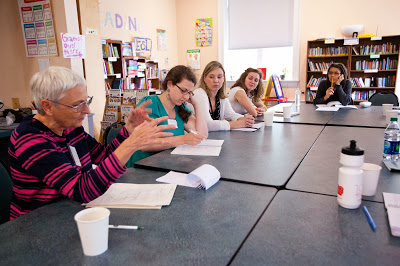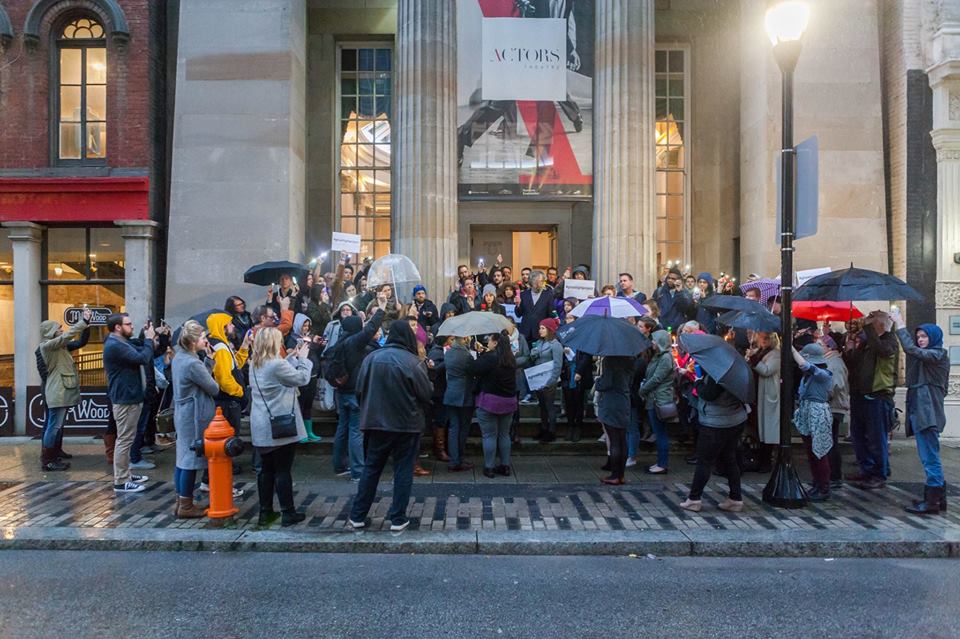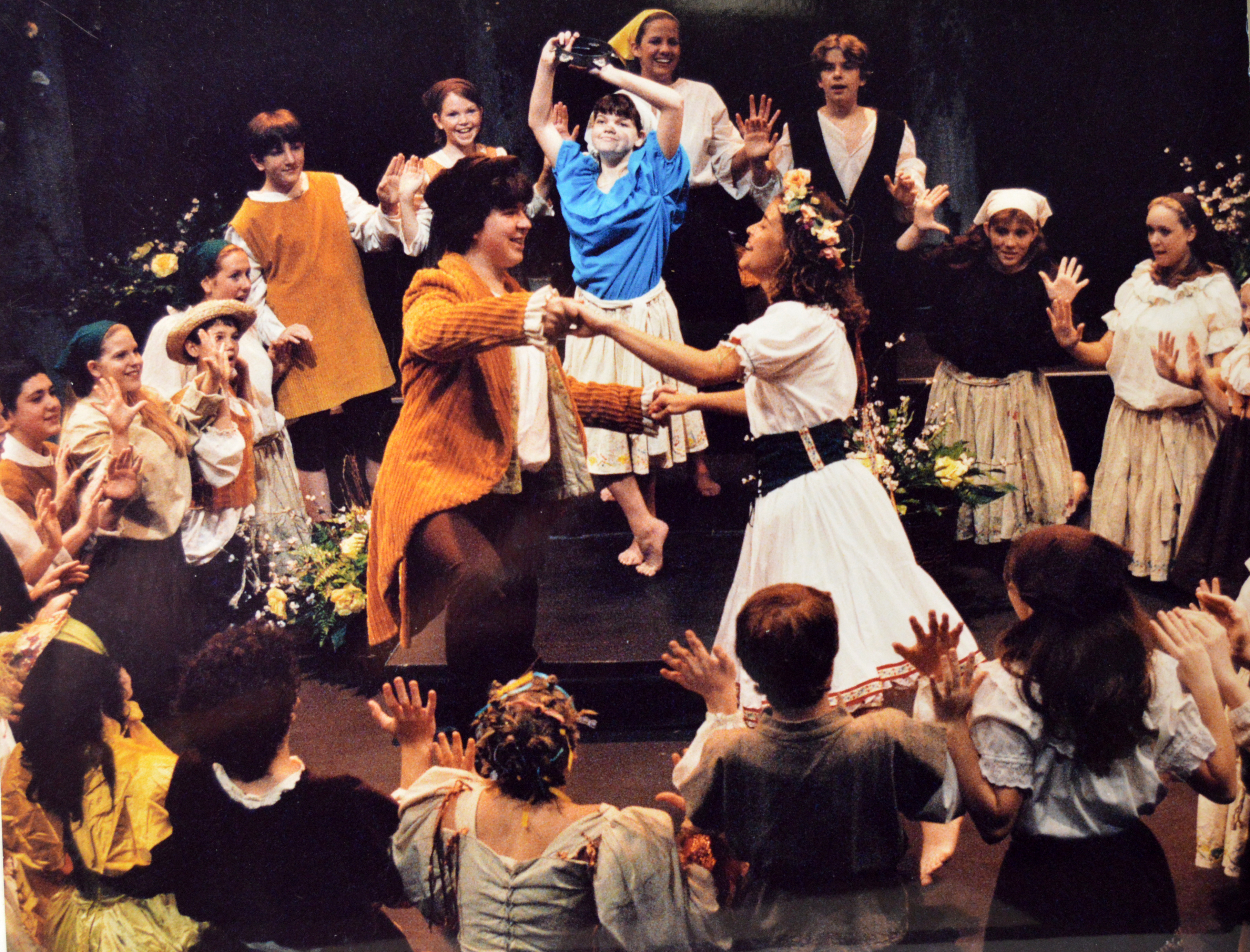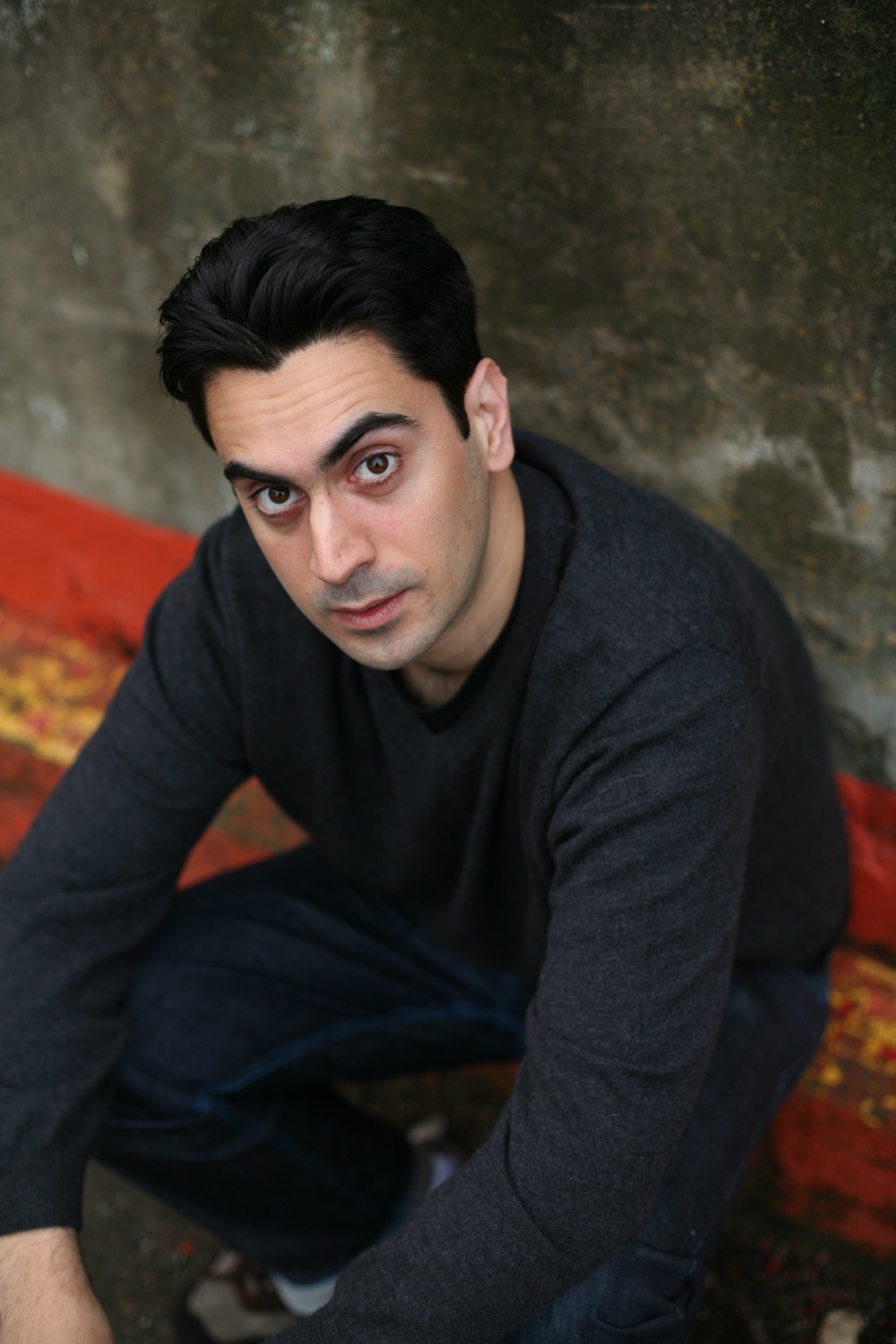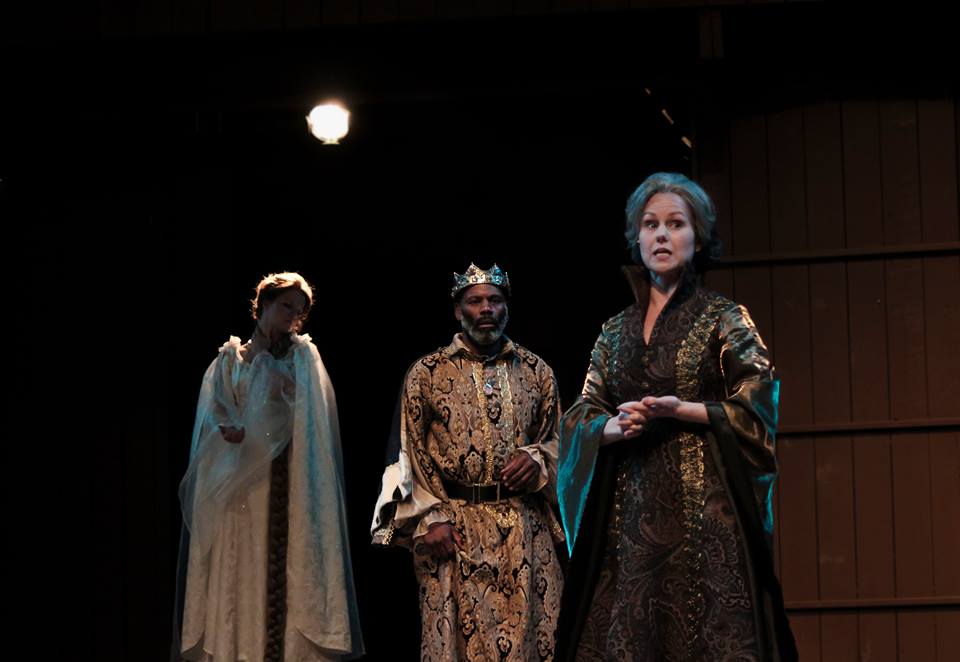Kentucky Women Writers Conference
September 20-22, Carnegie Center for Literacy and Learning, Lexington, KY
By Kathi E. B. Ellis
Text copyright © 2013 by Kathi E. B. Ellis. All rights reserved.
The Kentucky Women Writers Conference (KWWC) has been in existence since 1979, originating as a program of the University of Kentucky, incorporating as a 501 (C)(3) when university funding dried up, and now existing as an independent organization with additional support from the university. For thirty-five years they have created programming that serves the women writers of Kentucky and writers beyond the Commonwealth; from its earliest years, KWWC has brought in women writers with national visibility to Kentucky to inspire and challenge our writers.
This year’s conference brought an eclectic group of presenters from many genres to the Carnegie Center for Literacy and Learning in historic downtown Lexington on a balmy fall weekend. The conference included plenary speakers for all participants, breakout sessions focused on specific writing and publishing topics, and pre-paid workshops in which writers could hone their craft with a master artist. KWWC also sponsors a national Prize for Women Writers, and the winning script was in production at a local theatre; additional social and performance events rounded out a very full weekend.
Both plenary speakers have good Kentucky connections: poet Molly Peacock is currently on the faculty for Spalding University’s low-residency Writing MFA and playwright Kia Cothron’s plays have been produced at Actors Theatre of Louisville. Molly’s presentation about her research and writing odyssey, “The Paper Garden: Mrs. Delaney Begins Her Life’s Work at 72” was witty and inspiring. Mrs. Delany, a member of the politically-prominent extended Granville family in 18thcentury England, created the art form of collage – when she was 72! – and created 985 biologically-accurate and aesthetically-charming cut paper collages of flowers before her death at the age of 88 in 1788. Molly’s presentation hopscotched between research gems, personal reflections about her own creative process, and exquisite images of the artwork. Kia Cothron read from her most recent writings, “Megastasis”, inspired by Michelle Alexander’s “The New Jim Crow”; “Trickle”, her McKnight Fellowship project which took her to Liberia; and her first foray into novel writing. She spoke about the intersection of writing and social activism, and her belief that both writing and protesting are vital, and that there has to be affirmation somewhere in a script, even when dealing with intractable social and political ideas, so that audiences don’t just throw up their hands in despair – so that there is the potential for audiences to change their minds and actions. Kia has been approached by Anne Bogart of the SITI company to join a team of four playwrights writing about John Henry, and she indicated that this is a project that could be part of a future Humana Festival—good news for Louisville audiences who have seen her work in past festivals!
The prepaid workshops were led by fiction writer Bonnie Jo Campbell, a finalist for the 2009 National Book Award; memoirist Claire Dederer; Jennifer Haigh, who has won two PEN Awards; and playwright Kia Cothron. Casual conversations with two Louisville-area writers suggested that their workshop experiences were productive and positive for them.
A sampling of the other sessions, run concurrently so a full account is not possible, includes the Ethics of Ethnicity panel, moderated by KWWC board member Beth Dotson-Brown. Panelists were Kia Cothron, Berea playwright Trish Ayres and southern-Indiana based playwright Nancy Gall-Clayton. They engaged in a lively and provocative discussion about the moral authority of writing from a different ethnic perspective than one’s own. This led to a full group discussion that included differences of gender and sexual orientation. The consensus of the group was that if the writers are respectful of the different culture, do their research, and write authentically and passionately – and not to comment on the other – writers should not shy away from writing in another’s voice.
The session about e-publishing was eye-opening for many, judging from the audible responses to data about how much reading has increased in this realm, the amount that writers can make through e-publishing, and the demographics of who is reading e-books: 44% of those reading e-books make more than $80,000 a year, 27% have masters degrees, and 83% are parents who want their children to read e-books – a sure path towards growth in this industry. Presenter Peggy DeKay is a writer and publisher and coaches writers on how to publish. Four experienced Kentucky editors, Leatha Kendrick, George Ella Lyon, Leigh Anne Hornfeldt, and moderator Katerina Stoykova-Klemer led an animated session about the joys and challenges of editing an anthology. These four dynamic women clearly bring passion and soul to the process of selecting and curating the works that go into their anthologies, as well as clear eyes to the delicate negotiations with writers and publishers which are part of this process.
The conference also included readings of the Gabehart prize winners: D.S. Davies (non-fiction), Kim Lozano (fiction), and Jennifer Militello (poetry). The Gabehart prize is named for Betty Gabehart, a former KWWC director who led the conference during the 1980s, and created many programs that still exist. The second biennial Prize for Women Playwrights, a national competition, was won by Jo Morello for her script, E.G.O.: The Passions of Eugene O’Neill. KWWC readers whittle the entries down to the finalists which are then dispatched to a distinguished playwright who selects the winner. This year Jo’s script was chosen by Kia Cothron. Conference participants had the opportunity to see the script produced by Balagula Theatre at the Lexington Downtown Arts Center. Friday night also gave participants the Wild Women of Poetry Slam hosted by Transylvania University with an after-party at Natasha’s, an eclectic home of local performing arts. Saturday concluded with a Writers Reception at the University of Kentucky.
The vision statement of the organization is women mentoring women. For two days the Carnegie Center was abuzz with clusters of women connecting and sharing resources and experiences, with nationally-known writers of all genres generously sharing their knowledge informally as well as in formal sessions, with participants encouraging other attendees to follow their dream. A great weekend for women writers from Kentucky and beyond.
Note: Kathi E.B. Ellis was the director for this year’s Prize for Women Playwrights production, “E.G.O.: The Passions of Eugene Gladstone O’Neill” by Jo Morello, produced by Balagula Theatre.

